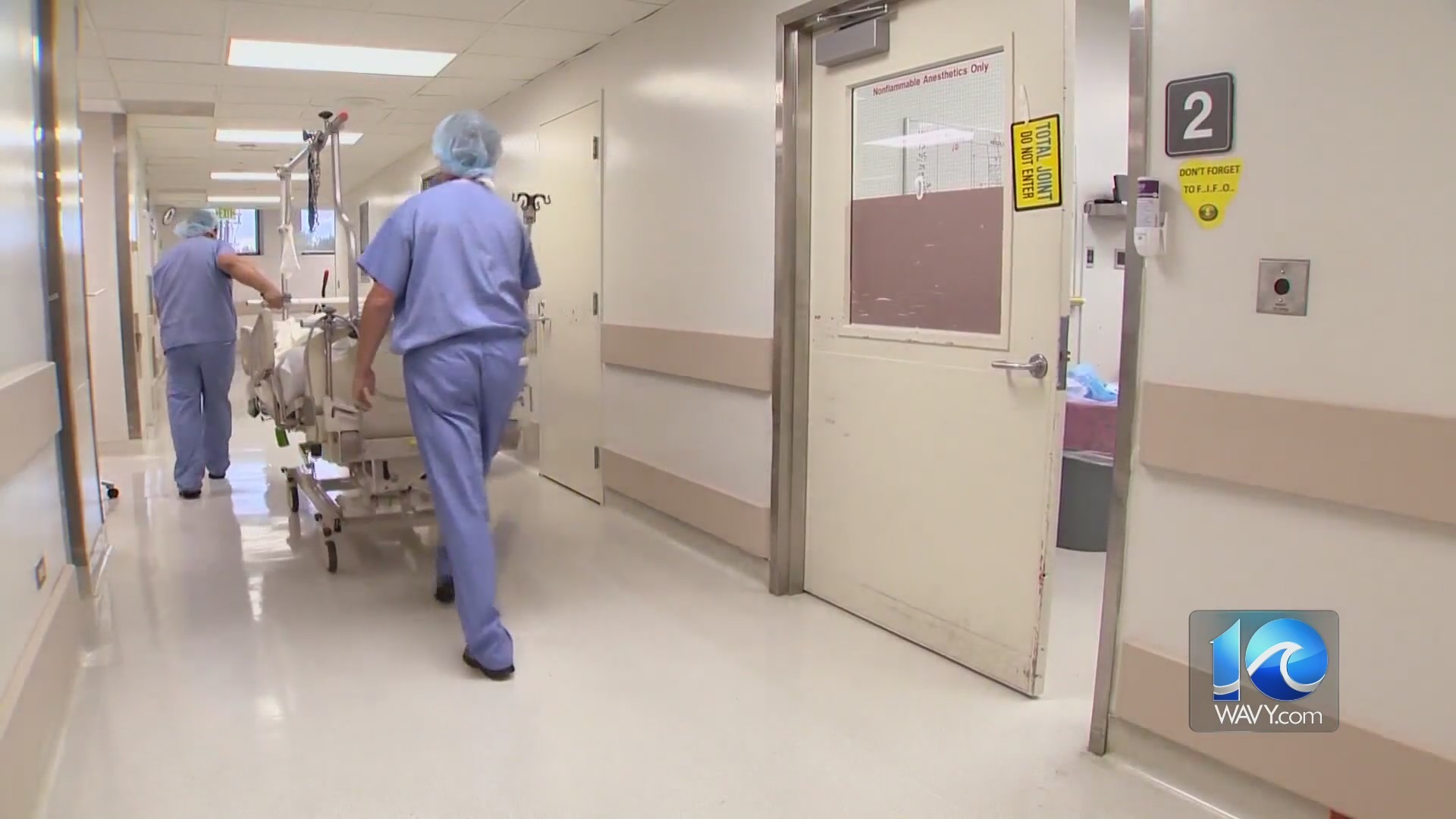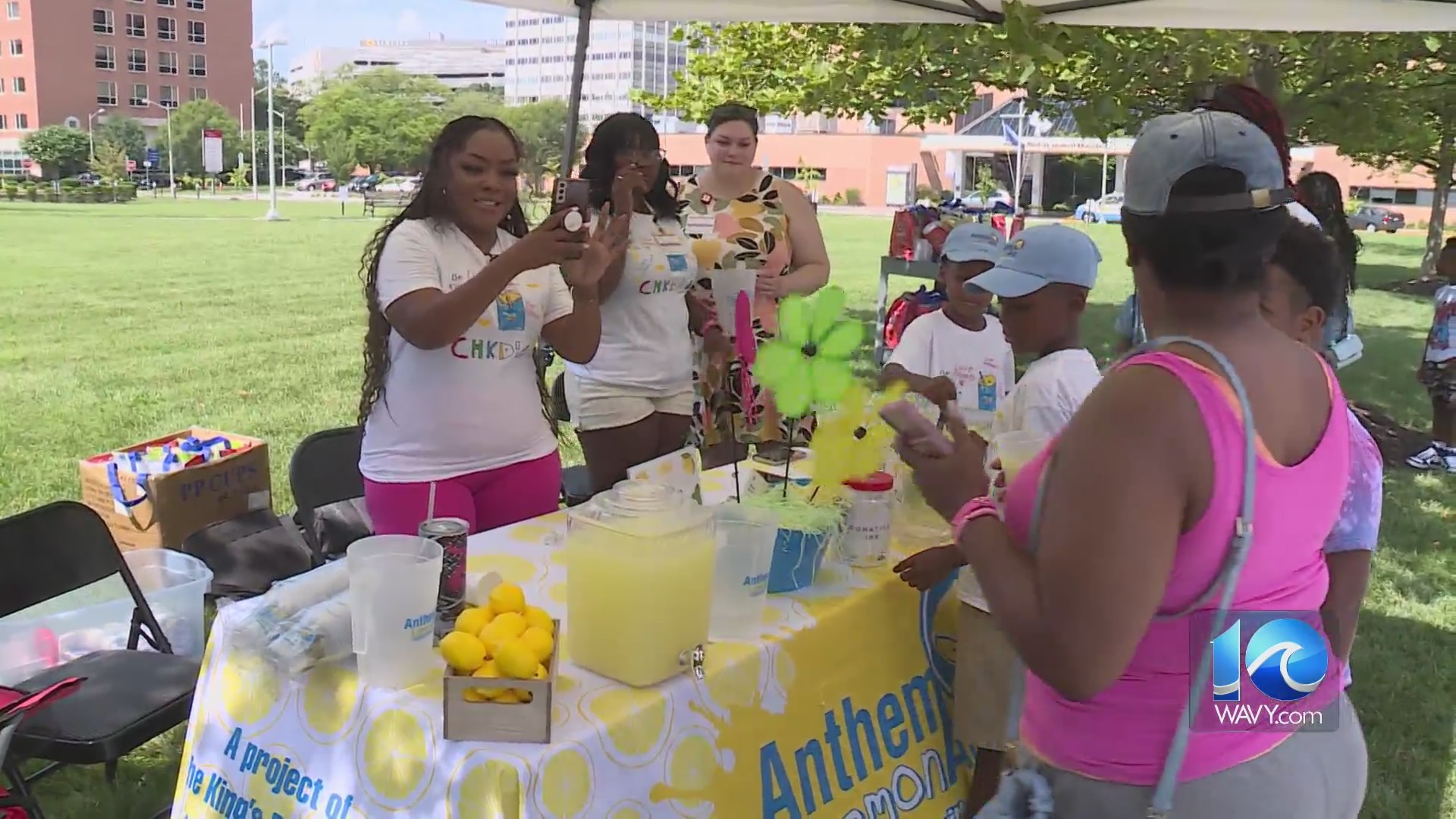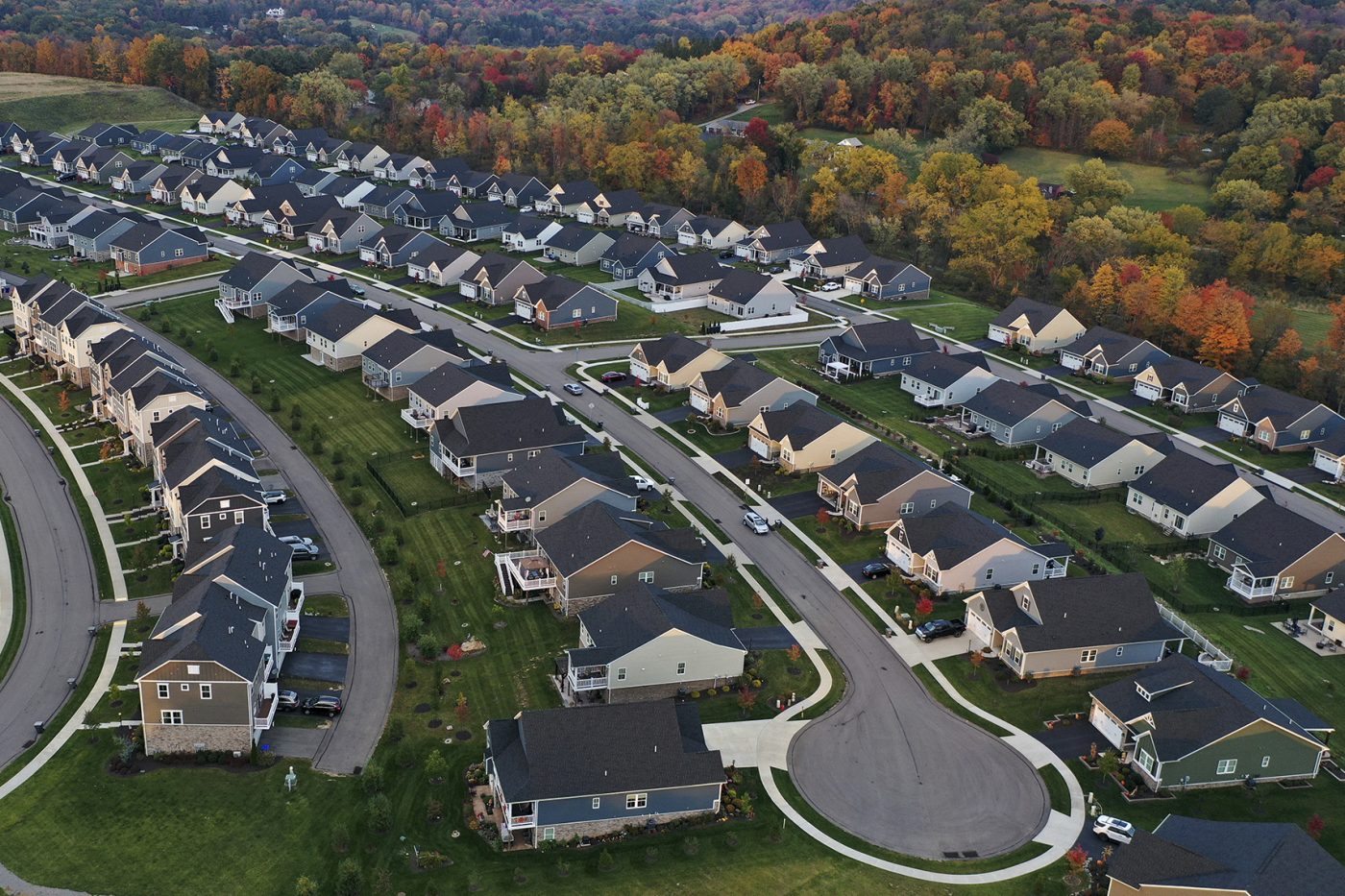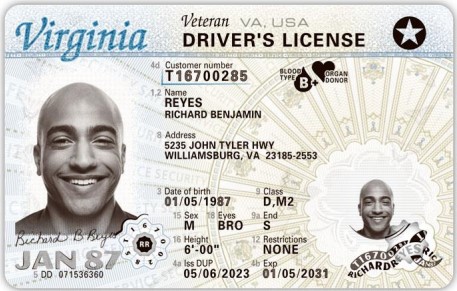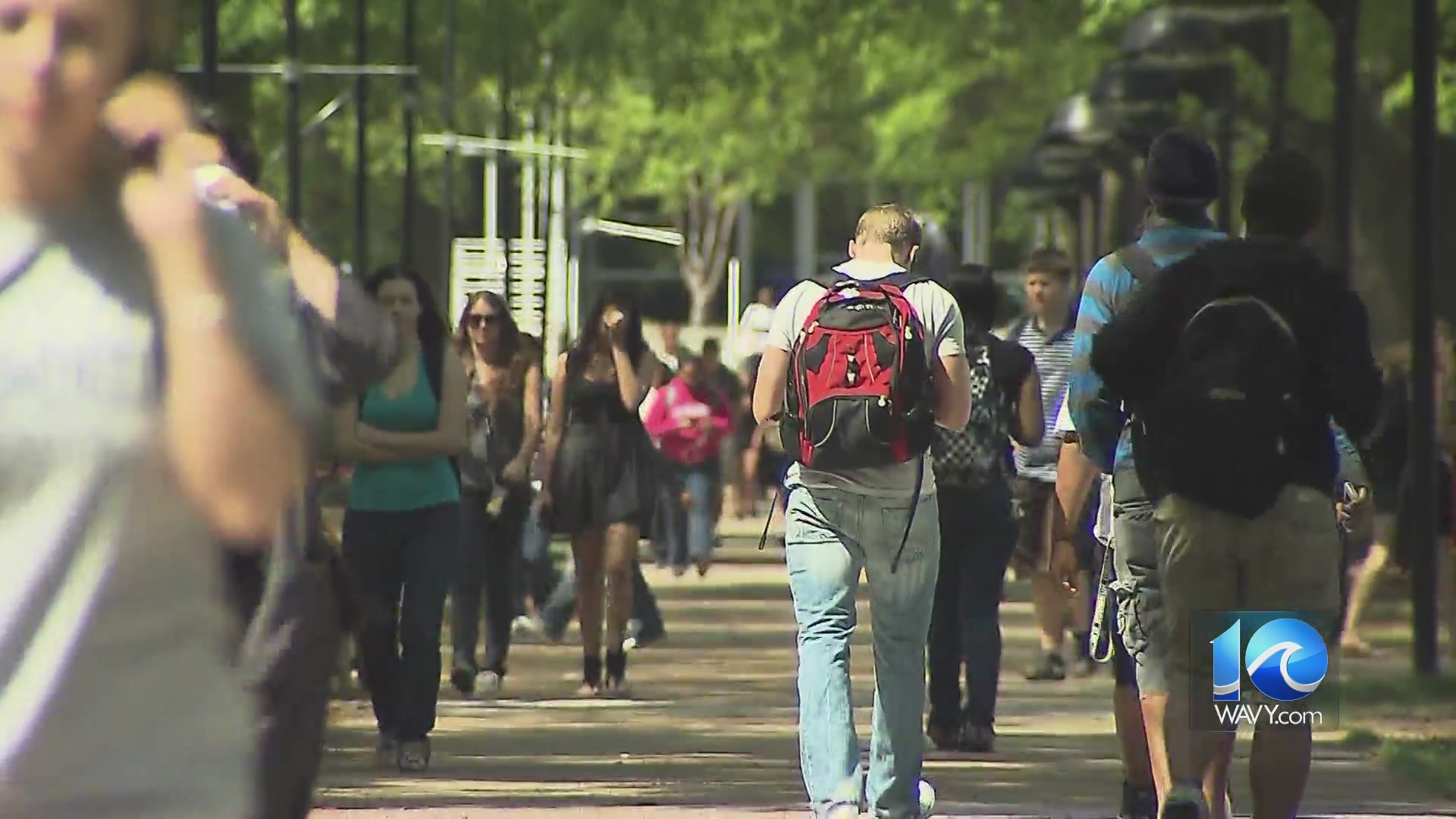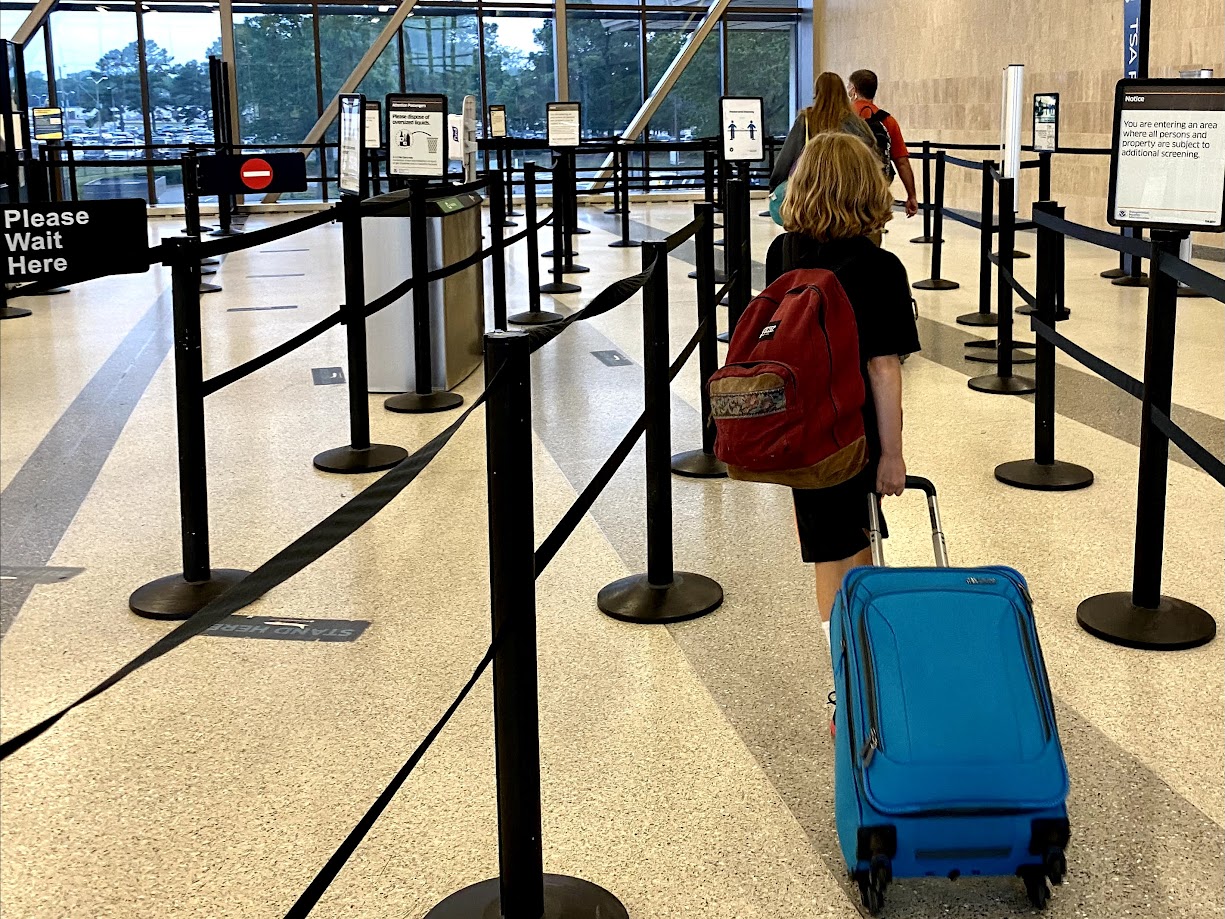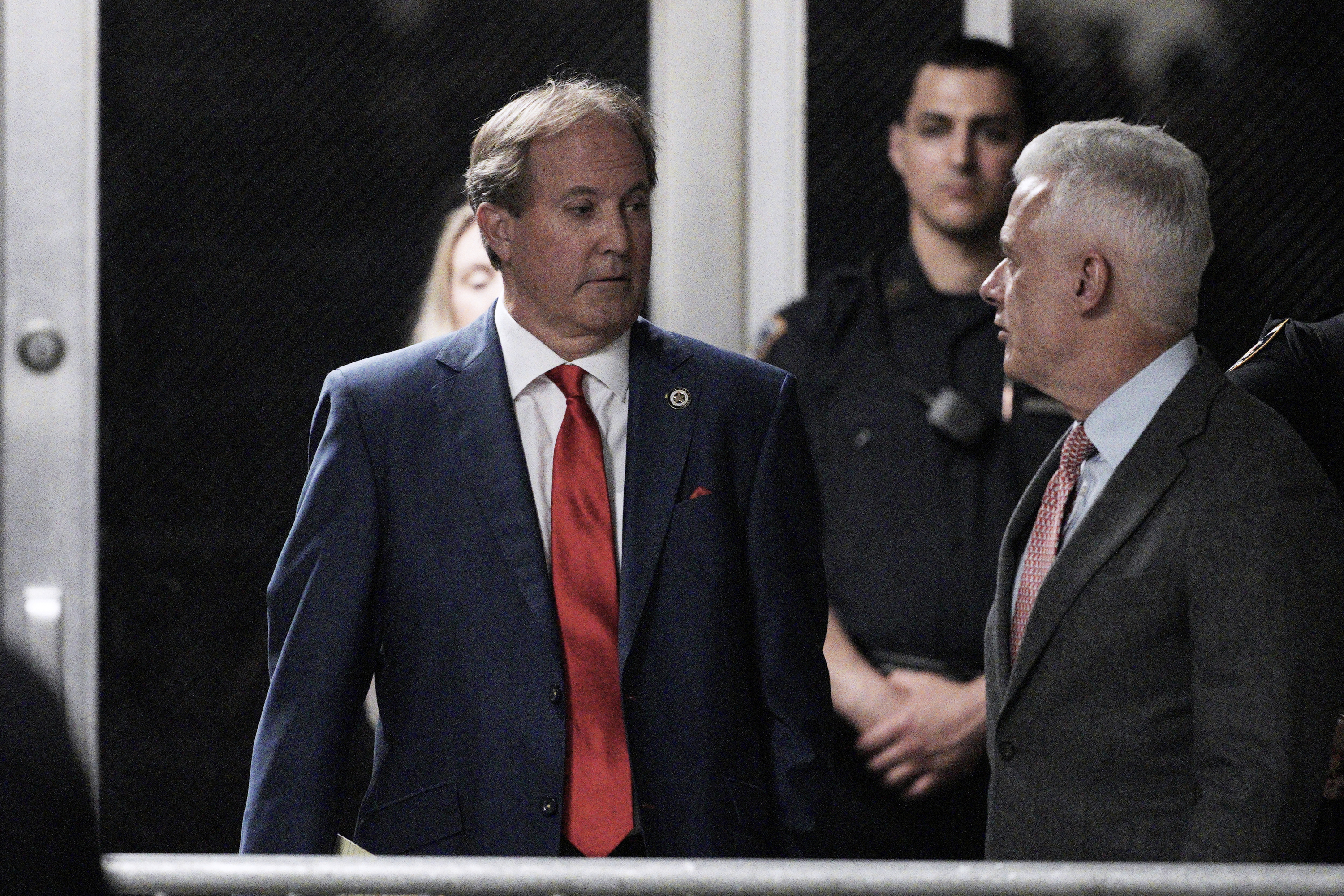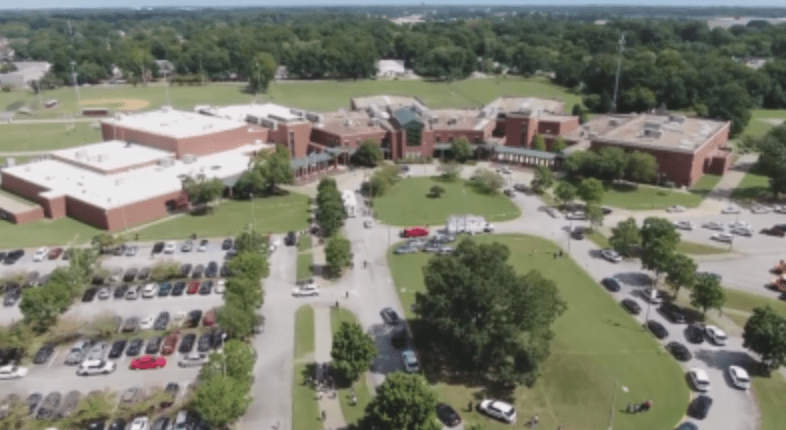RALEIGH, N.C. (WGHP) – When last we hit on the possibility of medical marijuana being legalized by the North Carolina General Assembly, the House Health Committee had a hearing that led to – well – nothing.

What we now know is that Senate Bill 3, which passed in March with the full-throated endorsement of its primary sponsor, Sen. Bill Rabon (R-Brunswick), may be held back again by the House and not passed along for a vote during this session.
That’s because some Republican members of the House apparently don’t get fired up about the bill, and Speaker Tim Moore (R-Cleveland) has told reporters that even though he sees the votes to pass the bill, that count doesn’t include a “majority” of his caucus, which he called “our rule” for a floor vote.
That has led to disagreements among members, apparently, and even a little bit of political gamesmanship by Rabon (more on that later) to keep the idea alive for a long session that lawmakers hope will end in the next couple of weeks.
Here’s what we know about SB 3 and its status:
- The bill is designed to allow physicians to provide cannabis products – including marijuana to smoke – for patients suffering from among 15 specific conditions, including cancer, epilepsy, HIV/AIDS, ALS, sickle-cell, Parkinson’s syndrome, multiple sclerosis and post-traumatic stress disorder – or PTSD – which veterans groups back.
- Cannabis is legal for some purposes in all but three states, including NC, but critics are concerned that medical marijuana would lead to the legalization of recreational marijuana – full access has been approved in 22 states – and that its medical benefits are anecdotal and not based on science.
- Research commissioned by the General Assembly in March shows that 83% of voters in North Carolina support legalizing medical marijuana, and only 13% oppose it, which is slightly more positive than in a similar poll in May 2022. The support is better than 3 out of 4 in every demographic breakdown other than “white evangelicals.”
- The NC Senate passed the “North Carolina Compassionate Care Act,” on March 1, with 18 Republicans joining all Democrats voting to form 36-10 margin (there were two absences from each party). Three Republicans from the Piedmont Triad voted against the bill: Steve Jarvis (R-Davidson), Joyce Krawiec (R-Forsyth) and Eddie Settle (R-Wilkes).
- House Health Committee Senior Chair Larry Potts (R-Davidson) led a spirited discussion about SB 3 in a committee meeting on March 30, but there was no vote taken. Two members of the public spoke against the bill.
- Rabon – whose cosponsors are Sens. Michael Lee (R-New Hanover) and Paul Lowe (D-Forsyth) – said in February that he had “spent three years on this bill” and “hopefully this will be the last year.” Lee said he felt like the bill “has gone through 200 committee hearings” during the past few years.
- In the spring of 2022, the Senate passed SB 711, a similar bill, 36-7 (on third reading), but the House didn’t take up the measure before adjournment about three weeks later. Sound familiar?
‘In active discussion’
Moore had said after SB 3 cleared the Senate in March that he thought that his members were more open to the idea.
“Our Caucus had a great discussion on medical marijuana and the pros and cons,” Rep. Donny Lambeth (R-Forsyth), a co-chair of the Health Committee, wrote in an emailed response to questions from WGHP. “It was a good conversation. I would say the issue is still very much an active discussion but unlikely to get a House vote this session before we adjourn for a few months.”
Lambeth said that “there were a number of questions that need more research” and that two medical doctors among the House members – Kristin Baker (R-Cabarrus) and Timothy Reeder (R-Pitt) – were at the front of the opposition.
Baker did not respond immediately to questions emailed to her and her legislative assistant, but Reeder expressed several concerns about the bill, particularly about the research behind the treatment.
“While I am empathetic and want to support those with chronic pain and are suffering from various diseases, the research on the benefits of medical marijuana is not clear,” Reeder wrote in an email to WGHP. “There is anecdotal evidence, but marijuana had not shown to be effective for any of the conditions listed in the current Senate bill.
“We also know that there are harmful effects of using marijuana. Before we release a new medicine, we need to prove that the value and utility outweighs the risks. I support changing the Federal designation so that we can research the potential medical uses.”
Said Lambeth: “I think other questions came from HHS [NC Department of Health and Human Services] and the fiscal impact on regulating it and how much that would cost,” Lambeth said. “We need to resolve that going forward.”
Other priorities
Part of the issue with reviewing SB 3 before the end of the session – July 1 was the original goal for that to happen – could be that Republicans in the House and Senate have a lot left to do, including negotiating a biennial budget after each rejected the other’s plan.
There’s also the matter of overriding vetoes by Gov. Roy Cooper, who on Wednesday issued three on controversial bills. The GOP’s new supermajority in both chambers has led to 10 override votes, including a record six in one day.
Cooper has numerous bills under review, and he almost certainly would veto the budget. The chambers also could take steps to expand the number of bills being passed for concurrence.
For instance, there has been discussion about reconsidering a bill to remove limits on open-carry licenses for gun owners, which Sen. Leader Phil Berger (R-Rockingham) had said was dead for this session but pro-gun groups are insisting should be revisited. That’s a step that likely would require a House-passed bill to be gutted and replaced with language from the rejected HB 189.
Rabon’s surprise move
Into all of that waded Rabon, with a legislative/political maneuver designed to motivate the House into considering his pet project.
Members of both chambers well know Rabon’s moving and emotional account about how using marijuana 24 years ago had allowed him to withstand powerful chemotherapy that ultimately saved his life from colon cancer. “There is no science behind it, but I know, I know there are tens of thousands of people who could benefit like I did,” Rabon, now 72, told lawmakers.
Driven to get this done, Rabon last week made a bold but controversial move when the Senate took up House Bill 75, a measure that would change the licensing for physician assistants and allow them to treat patients with more independence from their supervising physicians, which supporters say would help alleviate the shortage of medical doctors in rural areas.
That bill had passed the House unanimously, but in the Senate’s debate, Rabon offered this one-paragraph attachment:
“Notwithstanding Section 3 of this act, this act becomes effective only if, and on the date that, Senate Bill 3, 2023 Regular Session, becomes law. If Senate Bill 3, 2023 Regular Session, does not become law, this act shall be void and of no effect.”
The amendment essentially presents an ultimatum: House Bill 75, designed to allow physician assistants to treat patients with more independence from their supervising physicians, can only go into effect if the unrelated medical marijuana bill also becomes law.
Rabon’s amendment was adopted, 36-8, and the bill otherwise untouched returned to the House on a vote of 37-7. Krawiec and Jarvis were among the “nos” on both votes. Berger endorsed the amendment.
Rabon’s amendment to HB 75 by Steven Doyle on Scribd
‘Very contentious’
The House Rules Committee has not considered the amended bill for a floor vote, and one of HB 75’s co-sponsors, Rep. Mike Clampitt (R-Jackson), told the News & Observer in Raleigh that the move by Rabon would cause him to change from a “yes” to a “no” on medical marijuana.
“It’s been very divisive in the House, and has been a very contentious topic [legalizing medical marijuana],” Clampitt told the N&O. “And then for the Senate to minimize all of that, and to make a joke out of it, it’s very embarrassing to me for our General Assembly.”
The N&O quoted Sen. Mike Woodard (D-Durham) as saying this was his “favorite amendment of the whole session.”
“Maybe some folks will kind of look up and pay attention now,” Rabon told WUNC last week. “We have work to be done. We don’t need to stonewall.”
‘Will take some time’
But if you follow Moore’s “rule,” the House would have to count 37 out of the 72 Republicans in support of SB 3 before a vote would be scheduled. There are 23 Republicans among the 35 members of the Health Committee, which also includes Baker and Reeder.
During the committee hearing in March, Lambeth, a retired hospital executive, had discussed how a field trip to Mississippi had won his support for the bill. He has expressed optimism.
“I do believe it has good solid support, but as you may recall from my work on Medicaid Expansion, it took years to answer all concerns,” he said. “This is just a major policy issues that will take time to get some of our members on board.”
What’s in SB 3
The latest version of Senate Bill 3 by Steven Doyle on Scribd
- SB 3 lists 15 specific conditions that can receive cannabis treatment, including cancer, epilepsy, HIV/AIDS, ALS, sickle-cell, Parkinson’s syndrome, multiple sclerosis and post-traumatic stress disorder – or PTSD.
- There are a commission and advisory board that will be served by 4-year appointments and overseen by the NC Department of Health and Human Services to regulate this implementation.
- 10 licensed dealers based in North Carolina (at least two years) who each can operate up to eight outlets from seed to sale. They can have out-of-state partners. Those numbers might need to be addressed to reach saturation across all 100 counties.
- There is a $50,000 initial licensing fee and then a $10,000 a year recurring fee for each facility.
- The criminal law does not change, but law enforcement will have data on all those who are licensed, who prescribe and who have been approved for prescriptions.
- Prescribing physicians must go through 10 hours of training to be certified and then complete 3 hours of continuing training each year.
- Cannabis can be consumed through smoking, vaping or edible products.
- Implementation would be in 2024.
- The state is projected to realize about $44.4 million in new revenue by 2027-28. Retail sales are expected to reach about $504.3 million by 2028-29, based on a rate of $287 per ounce, to serve a projected 214,000 patients.







